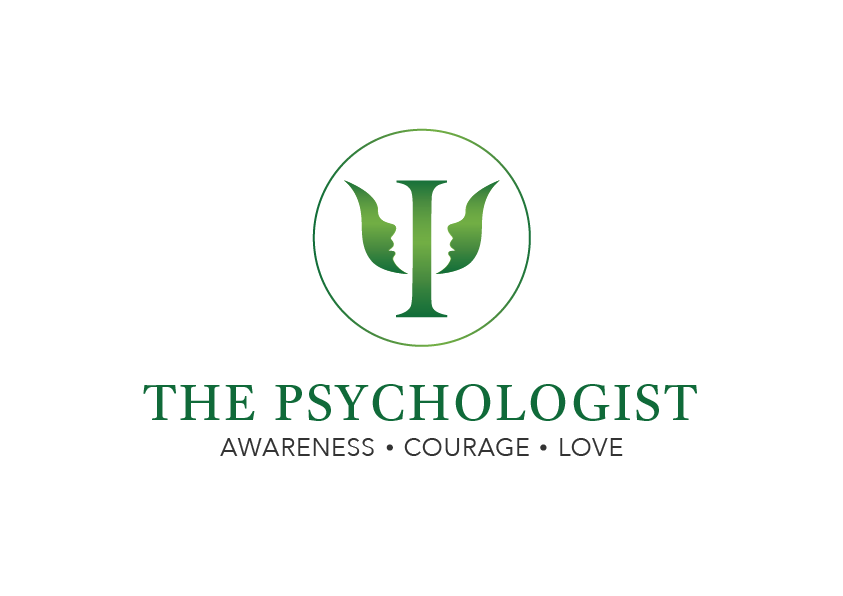When Life Shifts: Why Change Feels So Hard — and What Can Help
The Challenge of Change
Whether it’s a new job, a breakup, moving homes, a health diagnosis, or a global pandemic — change can shake up our emotional world in ways we didn’t expect.
Even good changes, like a promotion or a wedding, can stir up anxiety, self-doubt, or grief. Why? Because change disrupts the familiar. It forces us out of routine, challenges our identity, and demands emotional adjustment.
Research shows that our brains are wired to prefer predictability. It gives us a sense of control and safety. So when change hits—especially unexpected or unwanted change—it can trigger fear, fatigue, and even sadness.
Why Change Feels So Hard
Loss of control: Change often happens to us, not with us.
Fear of the unknown: Uncertainty activates anxiety.
Loss of identity: If who you are is tied to a role, relationship, or routine, losing it can shake your self-worth.
Cognitive overload: Adapting requires mental energy—thinking, re-planning, decision-making.
Emotional whiplash: The mix of excitement, fear, grief, and hope can feel overwhelming.
As therapist Joanna Hardis puts it, “We often confuse the discomfort of change with danger.” But discomfort isn't danger. It’s a sign that something is stretching—and growth often begins there.
The Emotional Impact of Change
Change can show up in many ways:
Trouble sleeping or concentrating
Irritability, sadness, or emotional numbness
Anxiety about “what’s next”
Feeling stuck, unmotivated, or withdrawn
You might feel like you’re losing yourself—or worse, that you should be “handling it better.” If that’s you, pause. You’re human. And what you’re feeling is valid.
Tips for Navigating Change
Here are evidence-based ways to cope more kindly and effectively:
1. Name What You’re Feeling
Acknowledge the discomfort. Label it: anxiety, grief, uncertainty, fear. Naming your emotions helps calm the brain and gives you space to choose how to respond.
2. Shrink the Change
Break big transitions into smaller steps. Focus on today, not the entire future.
3. Hold on to Routines
When everything feels unfamiliar, small routines (like your morning coffee or evening walk) can offer emotional stability.
4. Limit Overthinking
Notice when you’re spiraling into “what if” scenarios. Gently return to what’s within your control now.
5. Ask for Support
You don’t have to figure it all out alone. Talk to a trusted friend, family member, or professional. You’d be surprised how much lighter things feel when shared.
A Word of Hope
Change can be deeply uncomfortable. But it’s also an invitation—to pause, reflect, and grow. Many people look back on difficult transitions and say, “It was hard, but it changed me in good ways.”
Give yourself permission to not have it all figured out. It’s okay to wobble. What matters most is not avoiding the discomfort—but learning to walk through it with curiosity and compassion.
When Therapy Helps
Sometimes, the emotional toll of change lingers longer than expected. Therapy offers a safe space to:
Process grief, loss, or fear
Make sense of your new identity or direction
Learn coping tools for navigating uncertainty
Build confidence in your ability to adapt
Whether you’re going through a personal shift or struggling with change in your work, relationships, or health—talking to someone can make a real difference.
Change is hard — not because you’re weak, but because you’re human. And being human means feeling deeply, loving routines, and sometimes fearing the unknown. But it also means adapting, healing, and finding your way—even in unfamiliar territory.
